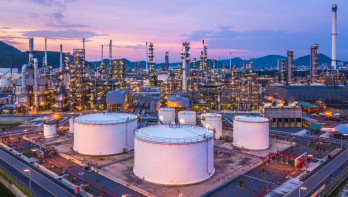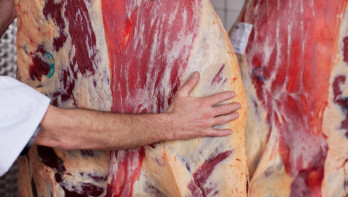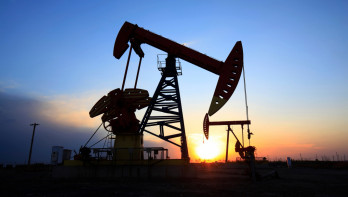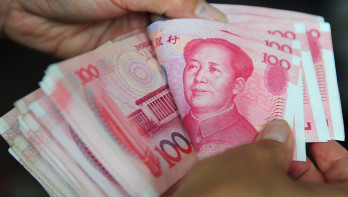Analysis Energy
Gas price rises significantly again this week
The gas price has once again taken a significant step up this week. As the new year approaches, it seems that it won't be long before the last deliveries of Russian gas stop. Meanwhile, electricity was quite expensive last week despite the low Christmas demand.
The gas price has almost completely recovered after the brief drop two weeks ago. On December 16, the gas price had dropped from €48.66 per megawatt-hour on December 2 to €40.28 per megawatt-hour. However, by Friday, December 27, the gas price had already rebounded to €47.73, only to take a step back to €47.15 on Monday, December 30.
An important reason for the high gas price is the approaching new year. In 2025, the transit contract for Russian gas with Ukraine expires. This has significant market effects, as the last Russian pipeline gas runs through the war-torn country to the European Union. Ukraine is not eager for a new deal, as Kiev believes that gas exports fund the war in the country. This makes it very likely that the last deliveries of Russian gas to Europe will stop in 2025. Since the attack on Nordstream 1, Russia has only been supplying gas to Europe via Ukraine.
Roughly 8% of European gas imports still come from Russia. This gas is mainly exported to Central European countries, such as Hungary and Slovakia. It is not surprising that these countries are deploying heavy artillery to save the trade relationship. Bloomberg reports that several countries, led by Slovak Prime Minister Robert Fico, have exerted pressure on Ukraine to continue transporting Russian gas to Europe. Tensions are running high. Ukrainian President Volodymyr Zelenskyi accused Fico last week of conducting shadow negotiations with Russia, prompting Fico to threaten to cut off electricity supply to Ukraine. In response, Poland offered to guarantee the power supply to Ukraine.
Filling rate significantly decreases
Meanwhile, the gas stock is decreasing faster than average. This is a significant setback after the speed at which the reserves were being filled was above average for about a week and a half last week. Normally, the amount of gas withdrawn from the reserves decreases at this time of year as industrial demand drops. This year, this was not the case because industrial gas demand has a significantly lower share of the total demand since the war in Ukraine. Due to the sharp decline, the filling of the reserves is lagging behind the average. The filling rate was 73.5% on December 28, which is 0.1% less than the long-term average. Until last week, the reserves were fuller than average.
Partly due to the tension surrounding Russian gas, the significant drop in gas prices from last week has reversed into a considerable increase. The expiration of the deal and the rapid depletion of gas reserves are driving a higher demand for liquefied gas. However, the price is still below the level of two weeks ago.
Electricity price significantly higher
Meanwhile, the electricity price rose significantly this week. The past week, the electricity price only dropped below €100 per megawatt-hour for one day. On Friday, December 27, the electricity price reached €121.43. On Monday, December 30, the price hit the lowest point of the week at a level of €87.57.
As a result, electricity prices are quite high, especially considering that industrial demand is significantly lower during this time of year due to the holidays. This is no different this year. Despite the high prices, the lower demand does impact electricity prices.
The relatively high electricity price is mainly due to the limited generation from renewable sources. Wind power was once again weak this week. In total, 24.4% of the electricity demand was met by wind turbines. This is low for this time of year. On the other hand, the share of solar panels doubled from 2.2% to 4.4%. In total, the share of renewable sources reached 28.8%. As a result, as much as 54.6% of all electricity was generated by gas-fired power plants.




